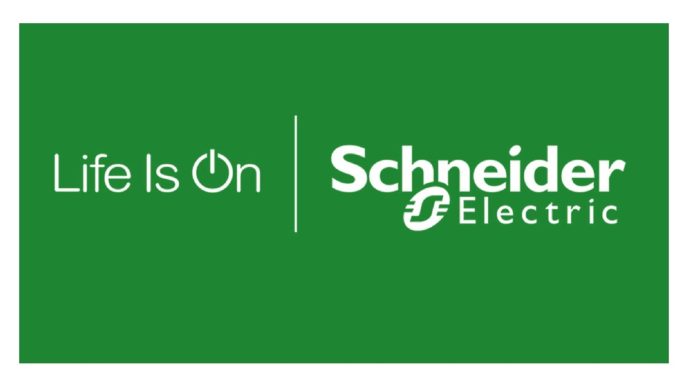Schneider Electric, a global player in energy management and next-generation automation, has officially launched the Open Automation Movement—a bold nationwide initiative designed to democratize industrial automation through open, software-defined solutions. This game-changing movement aims to break the traditional mould of rigid, closed systems by promoting vendor-independent, plug-and-play automation that ensures seamless data flow, increased engineering efficiency, and greater operational flexibility.
Breaking Free from Legacy Constraints
India’s industrial growth is reaching a pivotal point. To support the country’s ambitious economic goals, Schneider Electric is urging industries to move beyond outdated automation infrastructure—often plagued by vendor lock-ins, high costs, and limited scalability. These legacy systems no longer meet the demands for resilience, transparency, and agility in today’s fast-paced industrial landscape. The Open Automation Movement addresses these challenges by advocating for a shift towards modular, interoperable systems—freeing industries to innovate, scale, and optimize like never before.
EcoStruxure™ Automation Expert: The Technology Backbone
At the heart of this movement lies EcoStruxure™ Automation Expert (EAE), Schneider Electric’s flagship platform that decouples hardware from software. This architecture allows for flexible design, faster integration, and effortless scalability, enabling industries to seamlessly bridge the IT-OT divide.
“This isn’t an incremental improvement; the move to Open, Software-Defined Automation is a fundamental revolution in industrial operations,” stated Arvind Kakru, Vice President, Industrial Automation, Schneider Electric India.
With EAE, Schneider Electric is building systems that are modular, interoperable, and aligned with IT standards—drastically cutting down complexity while boosting lifecycle efficiency and resilience.
A Nationwide Call for Collaboration
The Open Automation Movement is not just a campaign—it’s a call to action. Schneider Electric is bringing together industry bodies, policymakers, engineers, developers, and business leaders to champion open standards and accelerate digital transformation across sectors.
“Our call for Software-defined Open Automation is more than a technological advancement. It’s an invitation for India Inc. to break free from the limitations of legacy systems,” said Deepak Sharma, Zone President – Greater India, MD & CEO, Schneider Electric India.
By creating a collaborative ecosystem, Schneider Electric aims to future-proof industrial operations. This will also lay the digital foundation for India’s Viksit Bharat vision.
Supporting India’s Diverse Industrial Sectors
Schneider Electric is actively engaging with key industries, including water and wastewater, consumer packaged goods, and food and beverage. It also focuses on life sciences, among others. The movement also emphasizes supporting small and medium enterprises (SMEs). It aims to provide them access to flexible, affordable technologies that were once out of reach due to high infrastructure costs and closed systems.
Driving Market Adoption Through Strategic Outreach
To build widespread awareness and adoption, Schneider Electric is leveraging a comprehensive marketing strategy across all key touchpoints. “We’re committed to liberalizing industrial automation,” commented Rajat Abbi, Vice President – Marketing, Schneider Electric India. “Our goal is to empower industries with flexible, future-ready operations.” The movement is already gaining momentum. Leading industry players are joining forces to redefine automation and drive India’s shift toward a digitally empowered, sustainable manufacturing powerhouse.
Conclusion
Schneider Electric’s Open Automation Movement marks a transformative shift in how industries operate, innovate, and grow. As reported by theprint.in, the initiative promotes openness, interoperability, and software-defined control. This approach promises to unlock new levels of efficiency, scalability, and sustainability—paving the way for the Industries of the Future.
































